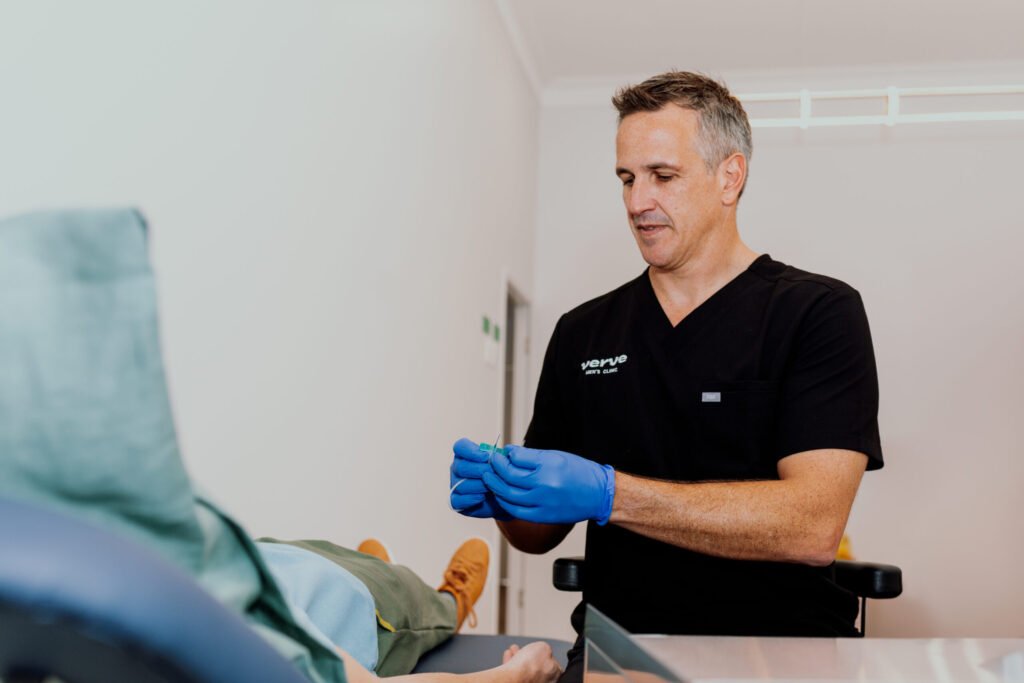Penile enlargement surgery is a highly individualized procedure often pursued for both functional and aesthetic reasons. For medical patients—those with underlying health concerns, anatomical abnormalities, or psychological conditions—the pre-operative phase is critical to ensuring safety and maximizing outcomes. Proper preparation minimizes risks, optimizes recovery, and aligns patient expectations with achievable surgical results.
This comprehensive pre-operative checklist is designed specifically for medical patients considering penile enlargement surgery, whether for micropenis, post-traumatic reconstruction, or other medically relevant indications.
✅ 1. Medical Evaluation & Clearance
🩺 Complete Medical History
- Disclose all underlying conditions (e.g., diabetes, hypertension, heart disease, bleeding disorders).
- List all current medications, including over-the-counter drugs and supplements.
🧪 Laboratory Testing
- Complete blood count (CBC) – to check for anemia or infection.
- Coagulation profile (PT, aPTT, INR) – to evaluate bleeding risk.
- Blood glucose & HbA1c – especially important in diabetic patients.
- HIV, Hepatitis B/C screening – for infection control and surgical planning.
🧠 Psychological Assessment (if indicated)
- Especially important for patients with body dysmorphic disorder, anxiety, depression, or unrealistic expectations.
- May be required as part of medical ethics or surgical best practices.
✅ 2. Specialist Consultations (if necessary)
- Cardiology: If you have cardiovascular disease or are over 50.
- Endocrinology: If you have hormone imbalances or diabetes.
- Urology: A detailed penile exam by a urologist or surgeon experienced in genital procedures.
- Mental Health Professional: For patients struggling with self-image or sexual performance anxiety.
✅ 3. Surgical Planning
📏 Discuss Procedure Type:
- Lengthening surgery (ligament release)
- Girth enhancement (fat grafting, dermal matrices, or synthetic fillers/implants)
- Combination procedures
🎯 Define Surgical Goals:
- Clarify expectations regarding flaccid vs. erect length, girth enhancement, and overall appearance.
- Review before-and-after photos (if available) to understand realistic outcomes.
🧠 Understand Risks:
- Scar formation
- Asymmetry or irregularity
- Temporary or permanent loss of sensation
- Erectile dysfunction (rare but possible)
- Dissatisfaction with aesthetic results
✅ 4. Medication Management
🛑 Discontinue the following as advised:
- Blood thinners (e.g., aspirin, warfarin, clopidogrel) – typically stopped 5–7 days before surgery.
- NSAIDs (e.g., ibuprofen, naproxen) – may increase bleeding risk.
- Herbal supplements like ginkgo biloba, ginseng, garlic, and vitamin E – can also increase bleeding tendency.
✅ Continue:
- Essential medications as directed by your primary physician or specialist.
- Antibiotics or antivirals, if prescribed as part of surgical prep.
✅ 5. Lifestyle Adjustments Before Surgery
🚭 Stop Smoking:
- At least 2–4 weeks before surgery. Smoking restricts blood flow and delays wound healing.
❌ Avoid Alcohol:
- Alcohol can interact with anesthesia and medications. Stop 48–72 hours pre-op.
🍽️ Fasting Instructions:
- Typically no food or drink after midnight before surgery if general anesthesia is planned.
✅ 6. Logistics and Support
📅 Schedule:
- Confirm surgery date and time, as well as pre-op and post-op appointments.
👥 Arrange:
- Transportation to and from surgery center
- Post-operative caregiver for the first 24–48 hours
🧴 Prepare Hygiene Supplies:
- Antibacterial soap (to use before surgery)
- Clean, loose-fitting underwear and clothing
- Ice packs or cold compress for post-op swelling
✅ 7. Informed Consent & Documentation
- Carefully read and sign all consent forms.
- Review potential complications and revision policies.
- Clarify costs, especially if insurance does not cover the procedure.
✅ 8. Mental Preparation
- Acknowledge that final results may take weeks to months to fully appear.
- Set realistic expectations and understand the limits of surgery.
- Prepare emotionally for possible bruising, swelling, or temporary changes in sensation.
Summary: Quick Pre-Op Checklist for Medical Patients
| Task | Status |
|---|---|
| ✅ Medical clearance and labs complete | ☐ |
| ✅ Consults with relevant specialists | ☐ |
| ✅ Medication review and adjustments | ☐ |
| ✅ Smoking and alcohol cessation | ☐ |
| ✅ Transportation and post-op support arranged | ☐ |
| ✅ Surgical goals and risks discussed | ☐ |
| ✅ Informed consent signed | ☐ |
Final Thoughts
For medical patients, pre-operative preparation is not just a routine—it’s a safeguard. Whether you are seeking penile enlargement for functional or reconstructive reasons, your overall health plays a critical role in ensuring surgical success. By following this checklist and working closely with your medical team, you’ll be positioned for a smoother procedure, safer recovery, and more satisfying results.




